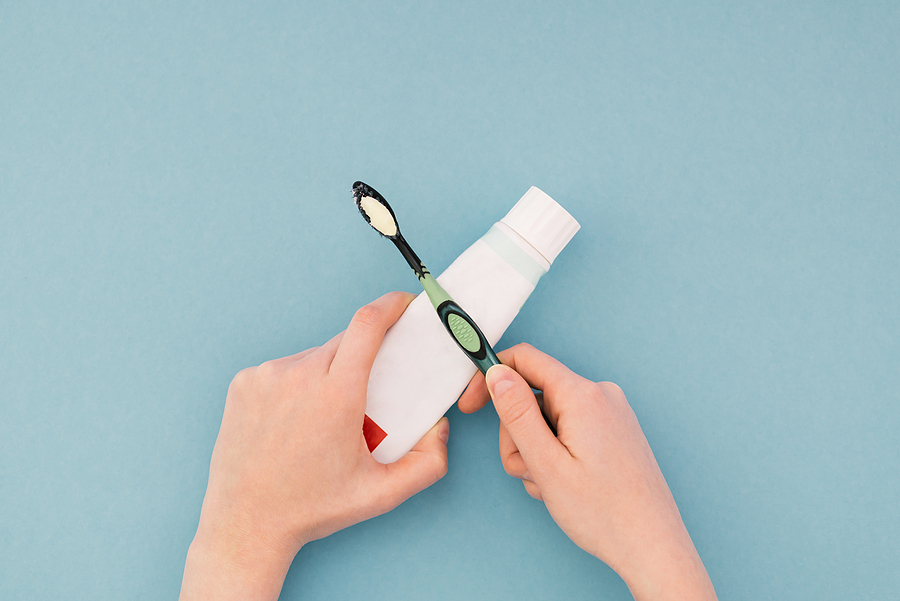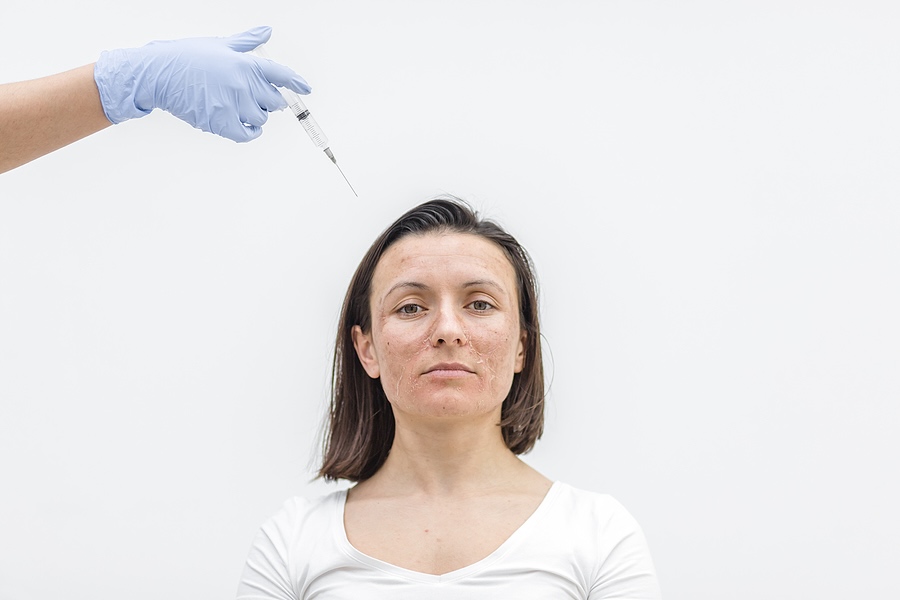Learn About Low Thyroid Function – Issues and Approaches to Hypothyroidism in Women
The thyroid gland is a little winged gland in our necks that controls the rate of function for every cell and gland in the body, including growth, repair and metabolism. It’s fair to say that you can’t maintain optimal health unless your thyroid is working pretty well.
While the thyroid is vital to both genders, women have a greater tendency than men to suffer thyroid problems, especially hypo- (low) thyroid function. No one knows exactly why. It probably has to do with the interplay between our reproductive hormones — i.e., estrogen and progesterone — and our thyroid hormones. Many women experience underactive, or hypothyroid, issues during perimenopause; others experience these problems during adolescence or pregnancy, the two other stages in our lives of tremendous hormonal flux.
Since these are times of hormonal change, it makes sense that an imbalance in female hormones would strongly impact thyroid function. In fact, we often see hypothyroidism in our patients as part of a larger pattern of long-term hormonal imbalance.
Unfortunately, conventional medicine typically views the thyroid in isolation from the other systems of the body. And quite frankly, the success rate of conventional medical treatment for hypothyroidism is far from encouraging. In so many cases women with thyroid problems spiral steadily downward, feeling worse as the years go by and finding themselves on an ever-expanding list of medications.
I would encourage you instead to see the thyroid as an integral part of your overall health picture. In this section of our website we explore the main aspects of low thyroid function, hypothyroidism, and hyperthyroidism from a holistic perspective. What we find is that with this approach to thyroid health, we can often restore and then maintain healthy thyroid function in our patients.







